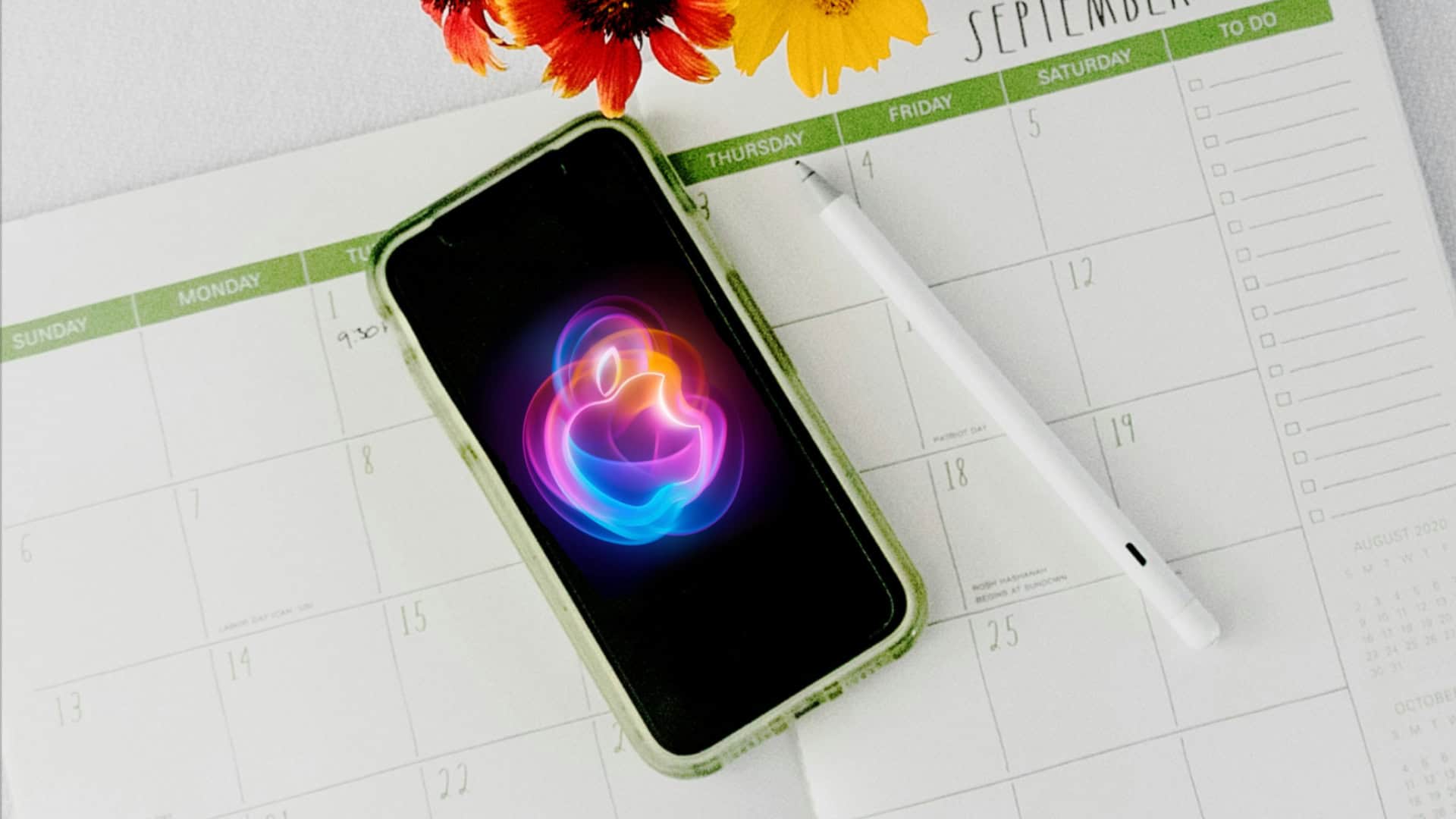OpenAI vs. New York Times Lawsuit Puts Your ChatGPT Chats at Risk
August 8, 2025 | by Admin

A legal battle between two of the biggest names in tech and media is reaching a critical stage. A case is currently developing that began with a New York Times lawsuit against OpenAI. At the heart of the dispute is a question that affects millions of people: how much access can a lawsuit get to your private chats with ChatGPT?
The New York Times, which is suing OpenAI for copyright infringement, has made an “extraordinary request.” The media giant wants to examine a staggering 120 million individual user chats. They believe this mountain of data is necessary to prove that ChatGPT frequently regurgitates copyrighted articles. They also want to test that the AI-powered chatbot helps users circumvent paywalls.
New York Times wants to read 120 million ChatGPT conversations in OpenAI lawsuit
OpenAI, however, is pushing back hard. The company argues that this request is disproportionate to the case. But not only that, as it also creates serious privacy concerns for its users. In a recent court filing, OpenAI stated that it had previously promised users their deleted chats would be gone for good. Now, with the lawsuit, the company is burdened with the “highly complex” and expensive task of making millions of chats from its offline storage searchable. This process is time-consuming and expensive, and the longer it takes, the greater the privacy risk for users.
To find a middle ground, OpenAI proposed a compromise: a sample size of 20 million logs. This number was based on a recommendation from a computer science expert. They suggested this would be more than enough to gather statistically relevant data. But The New York Times rejected the offer. The publisher insists that a larger sample is needed to track patterns and see how ChatGPT’s behavior has evolved over time.
The irony: New York Times doesn’t want Microsoft to access its logs
Adding another layer of complexity to the drama is a parallel dispute involving Microsoft. The New York Times is also fighting Microsoft’s request to access its journalists’ logs from an internal AI tool. The outlet argues that Microsoft’s request is too broad and could pull in privileged information. The irony is hard to miss: The New York Times is using a similar argument against Microsoft that OpenAI is using against The New York Times.
With both sides preparing for a confidential settlement conference, the future of this legal battle hangs in the balance. The outcome will not only determine the future of copyright law in the age of AI. It could also set a precedent for user privacy, making it one of the most closely watched cases in the tech world.
RELATED POSTS
View all


